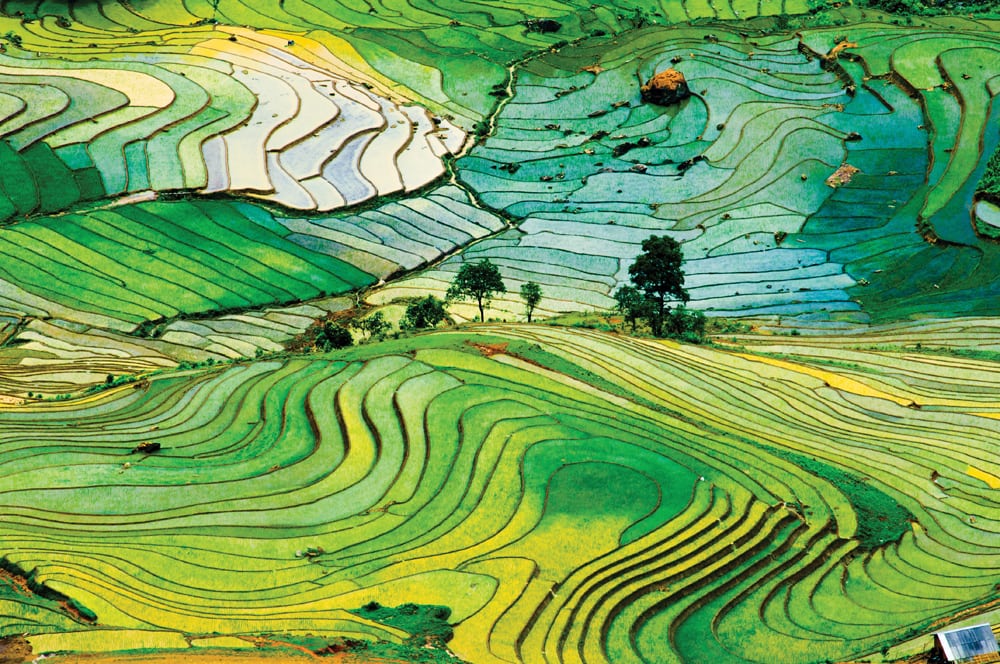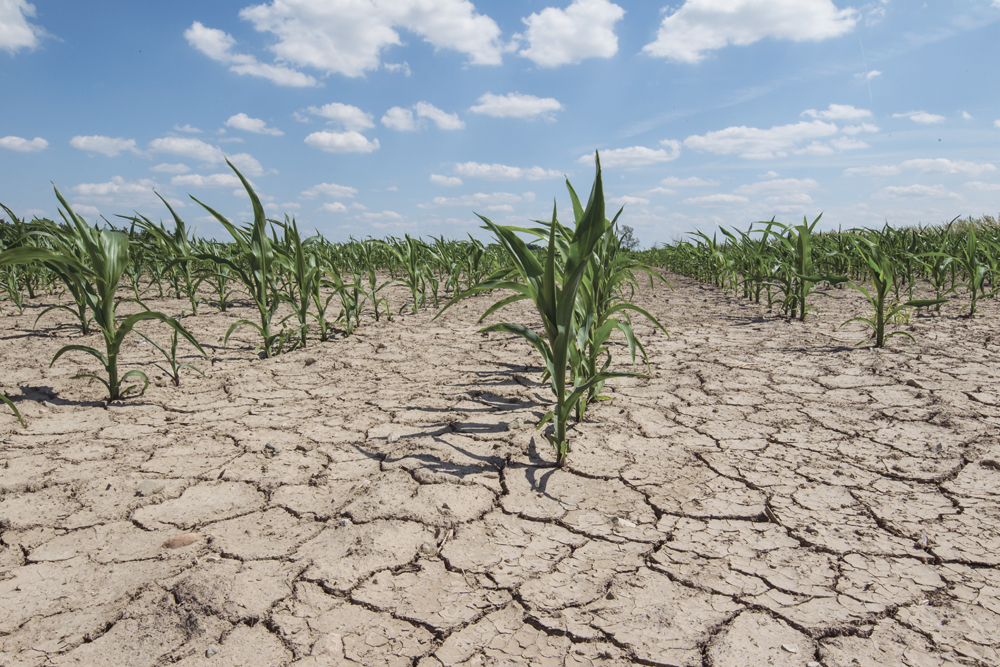Rice farming is a far older practice than we knew. In fact, the oldest evidence of domesticated rice has just been found in China, and it’s about 9,000 years old, about 4,000 years before the earliest previous estimates.
The discovery, made by a team of archeologists that includes University of Toronto Professor Gary Crawford, sheds new light on the origins of rice domestication and on the history of human agricultural practices.
“Today, rice is one of the most important grains in the world’s economy, yet at one time, it was a wild plant… how did people bring rice into their world?” said Crawford, an anthropological archeologist.
Read Also

Tie vote derails canola tariff compensation resolution at MCGA
Manitoba Canola Growers Association members were split on whether to push Ottawa for compensation for losses due to Chinese tariffs.
Working with three Chinese researchers, Crawford found the ancient domesticated rice fragments in what was probably a ditch in the lower Yangtze Valley. They observed that about 30 per cent of the rice plant material — primarily bases, husks and leaf epidermis — were not wild, but showed signs of being purposely cultivated.
This study builds on Crawford’s previous research into early agriculture in China, in which he has examined the ancient settlements, tools, and plant and animal management efforts that occurred in different regions of the country. He is interested in better understanding the forces that compelled our human ancestors to transition from hunters and gatherers to farmers.
“The question I ultimately want to answer is, what pushed them to move wholeheartedly into the farming regime? Why did they reduce their emphasis on hunting and expand into crop production?” Crawford says. “People did what they needed to do to make their lives more manageable and sustainable, and the unintended consequence was farming. With this rice discovery, we’re seeing the first stages of that shift.”















